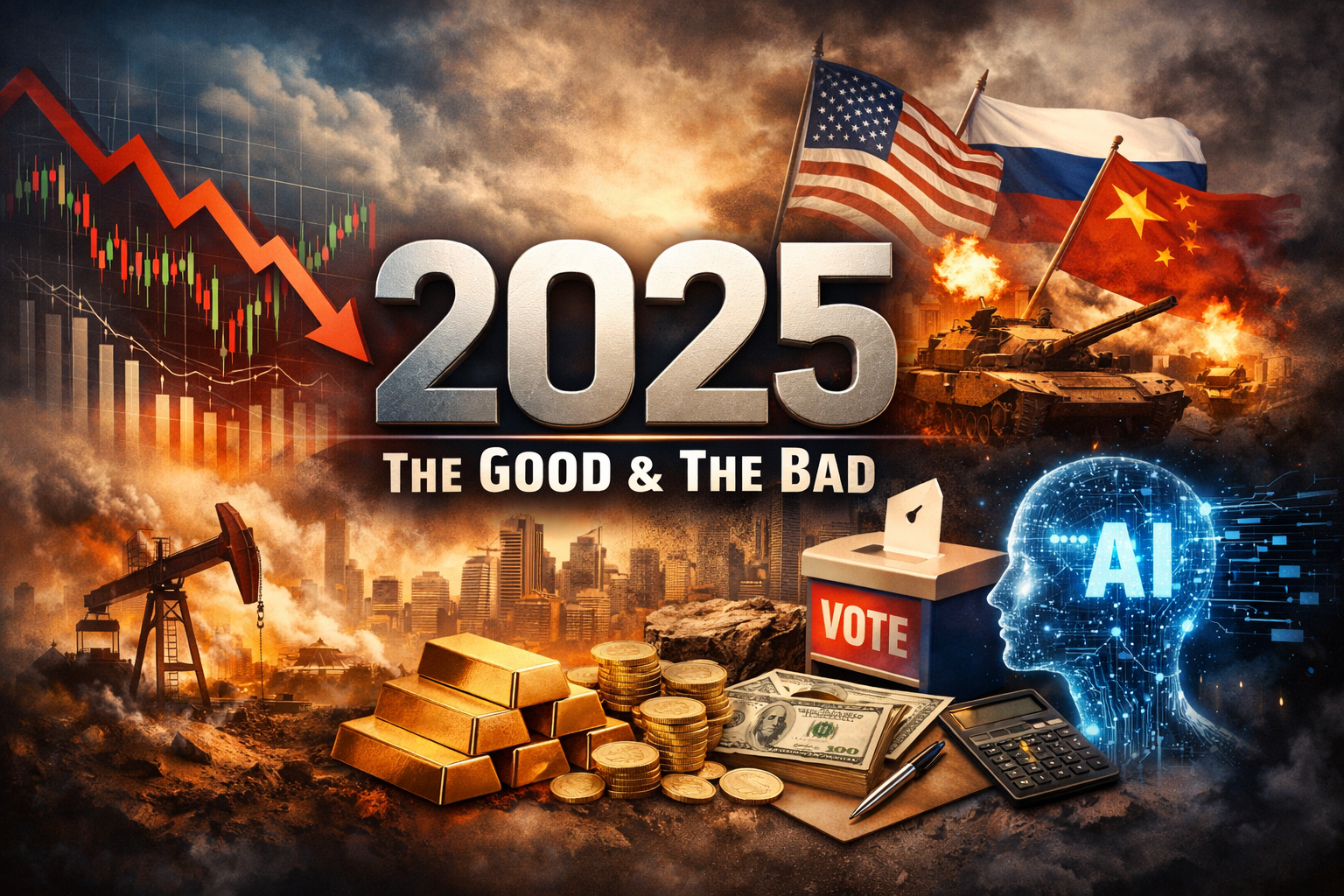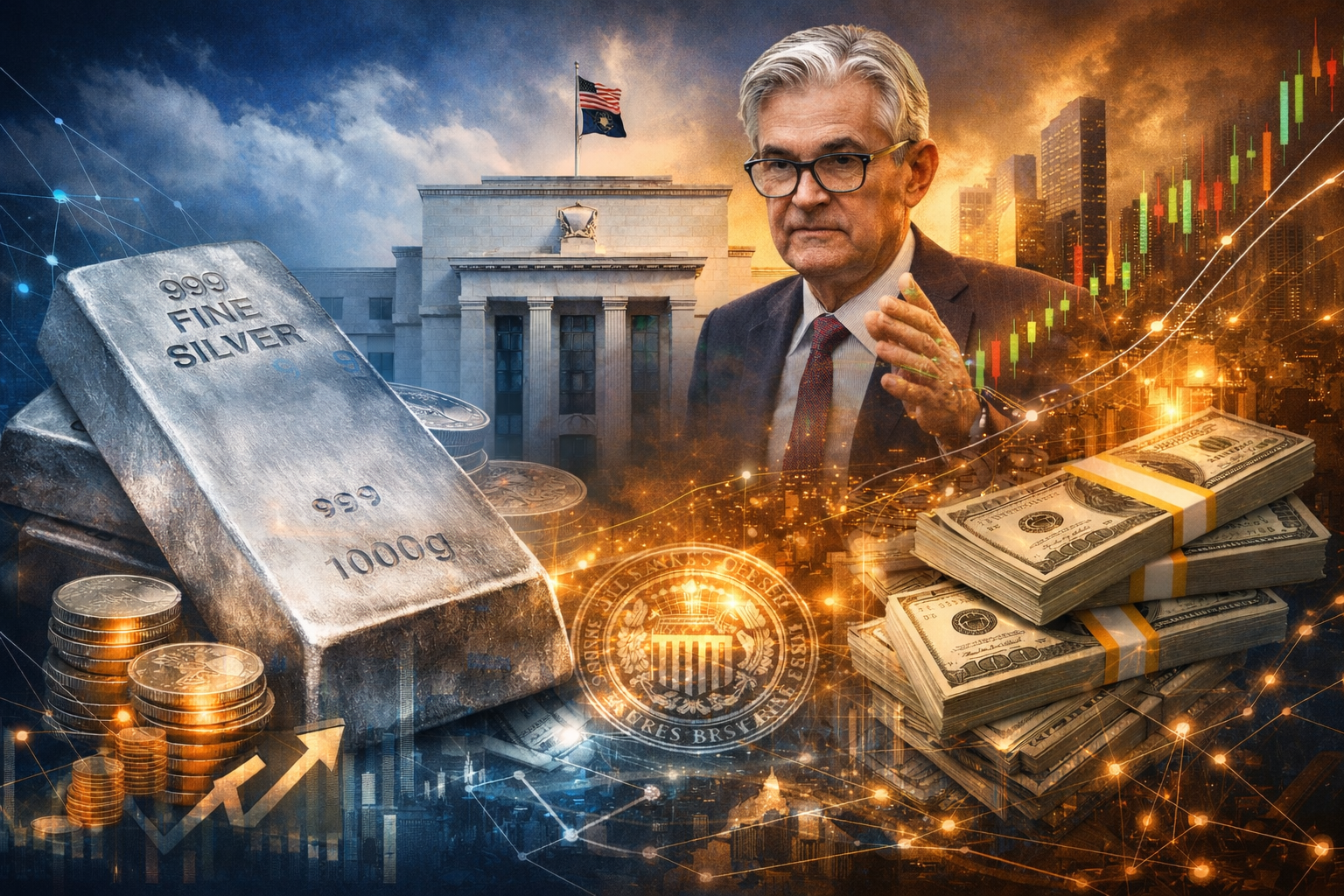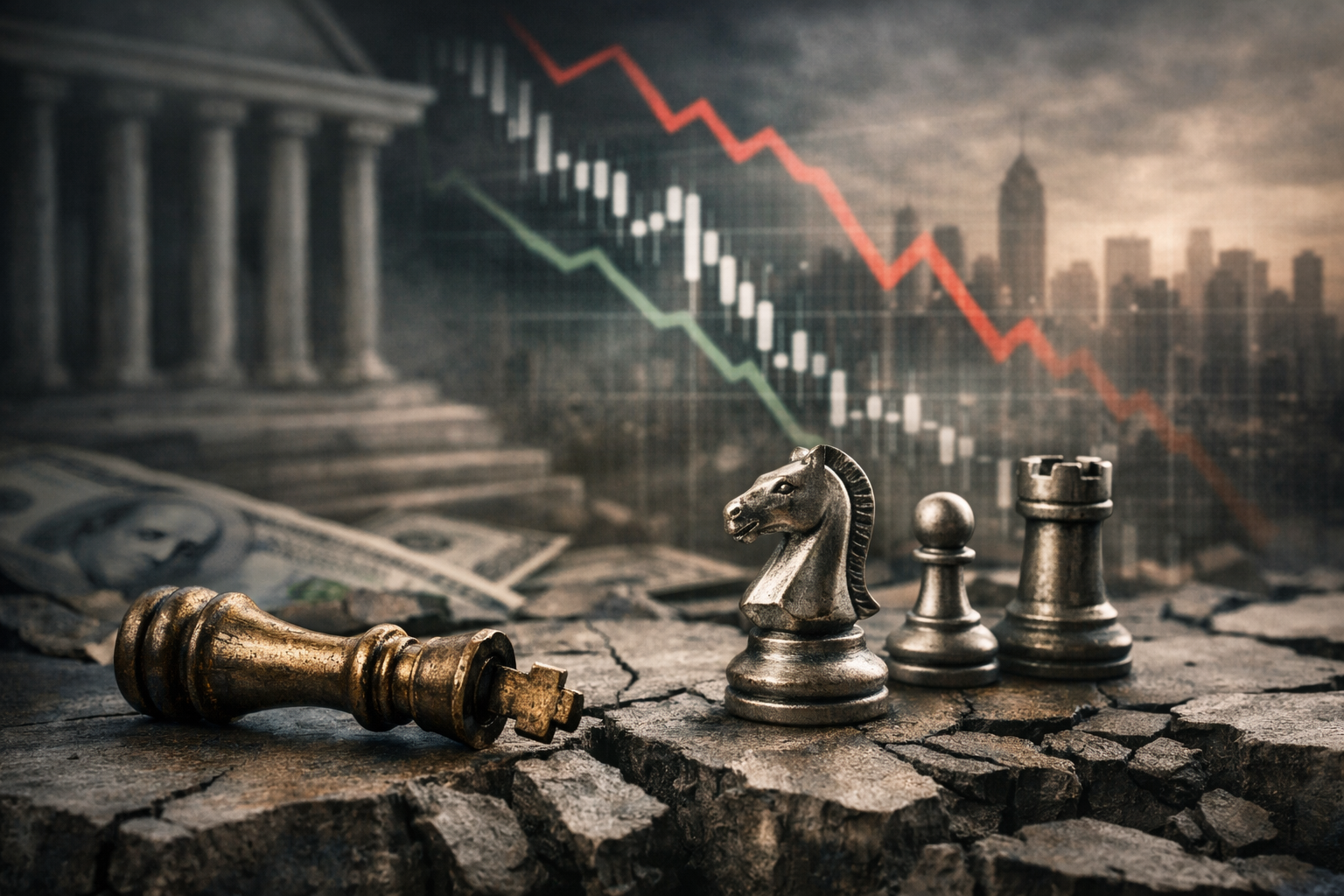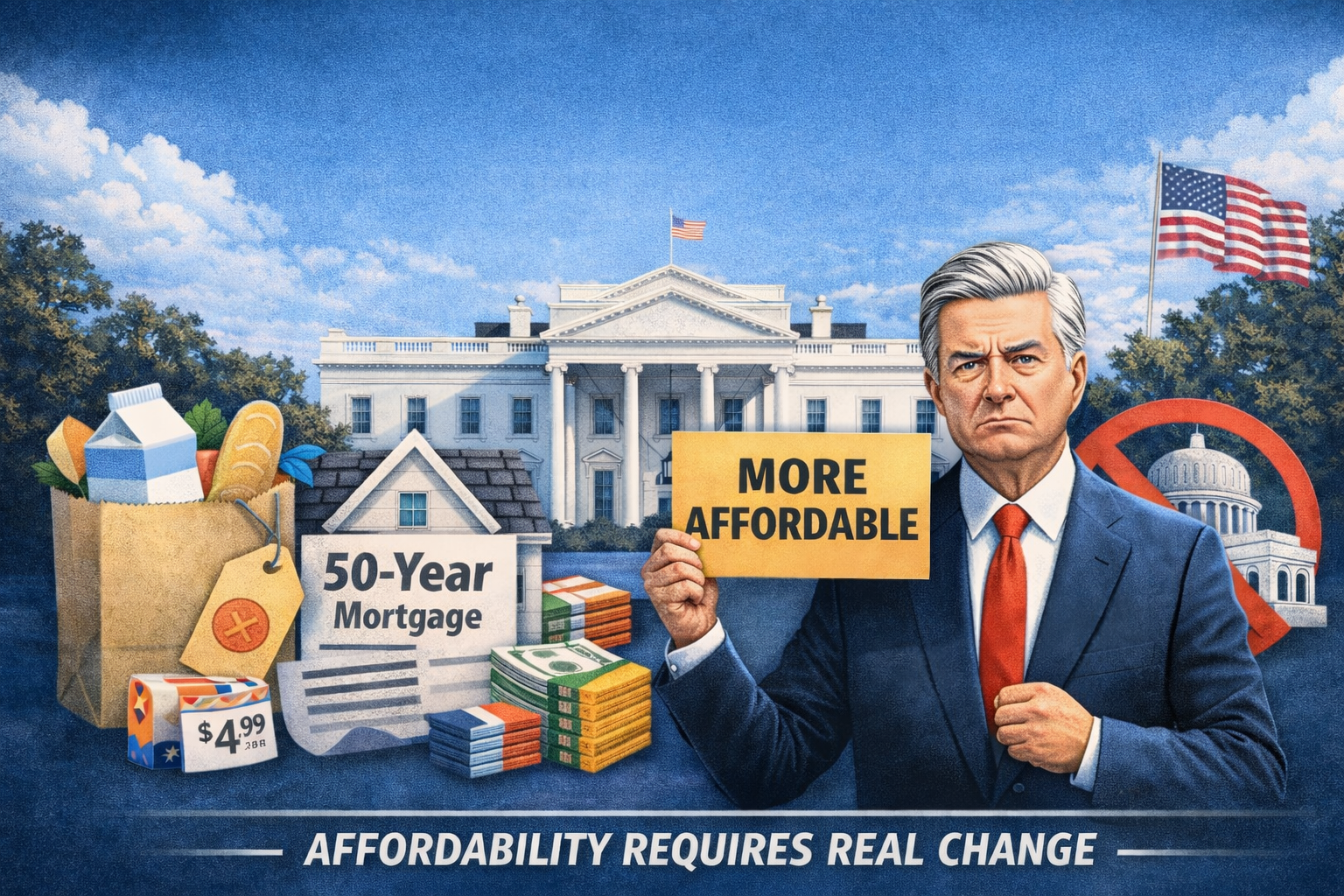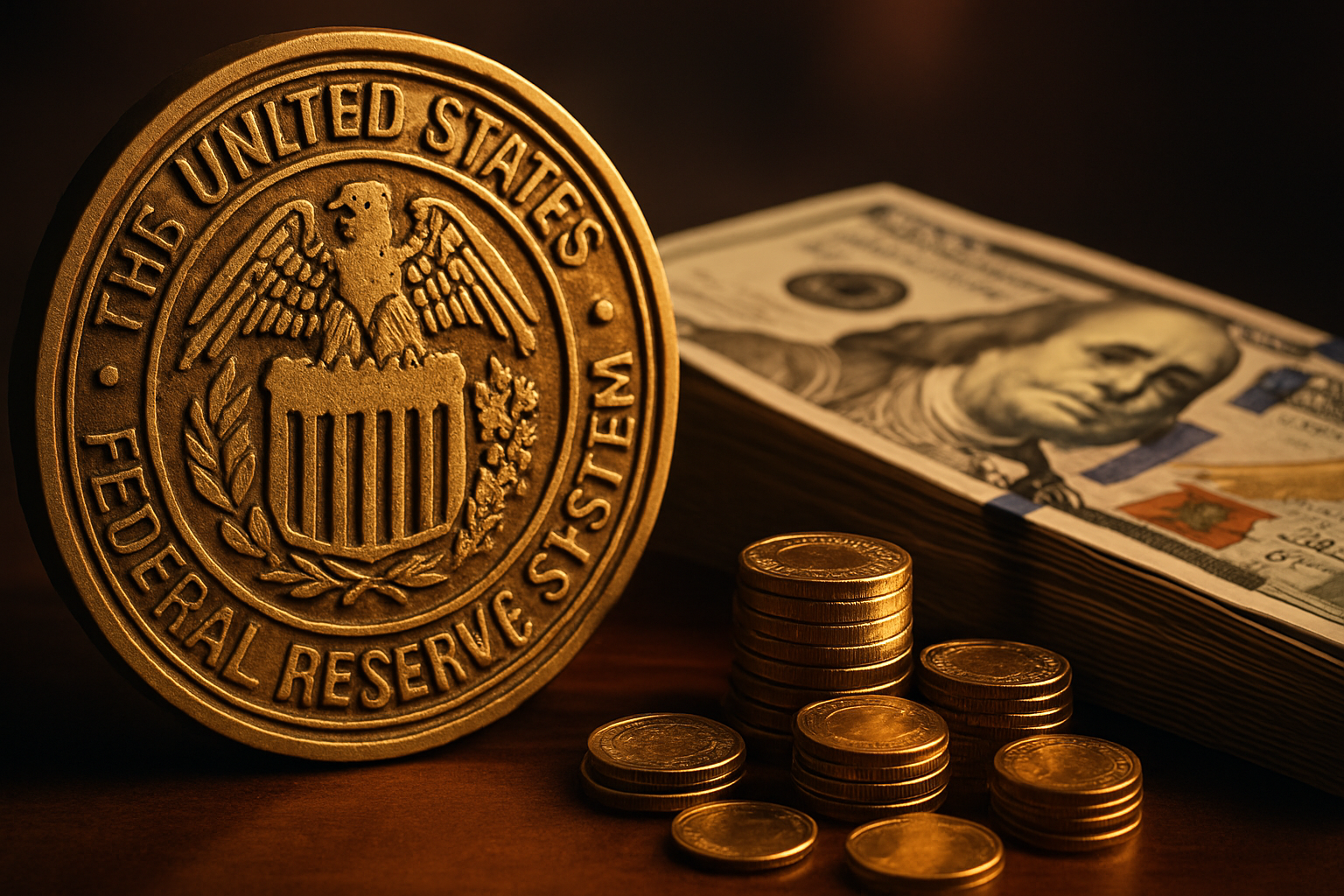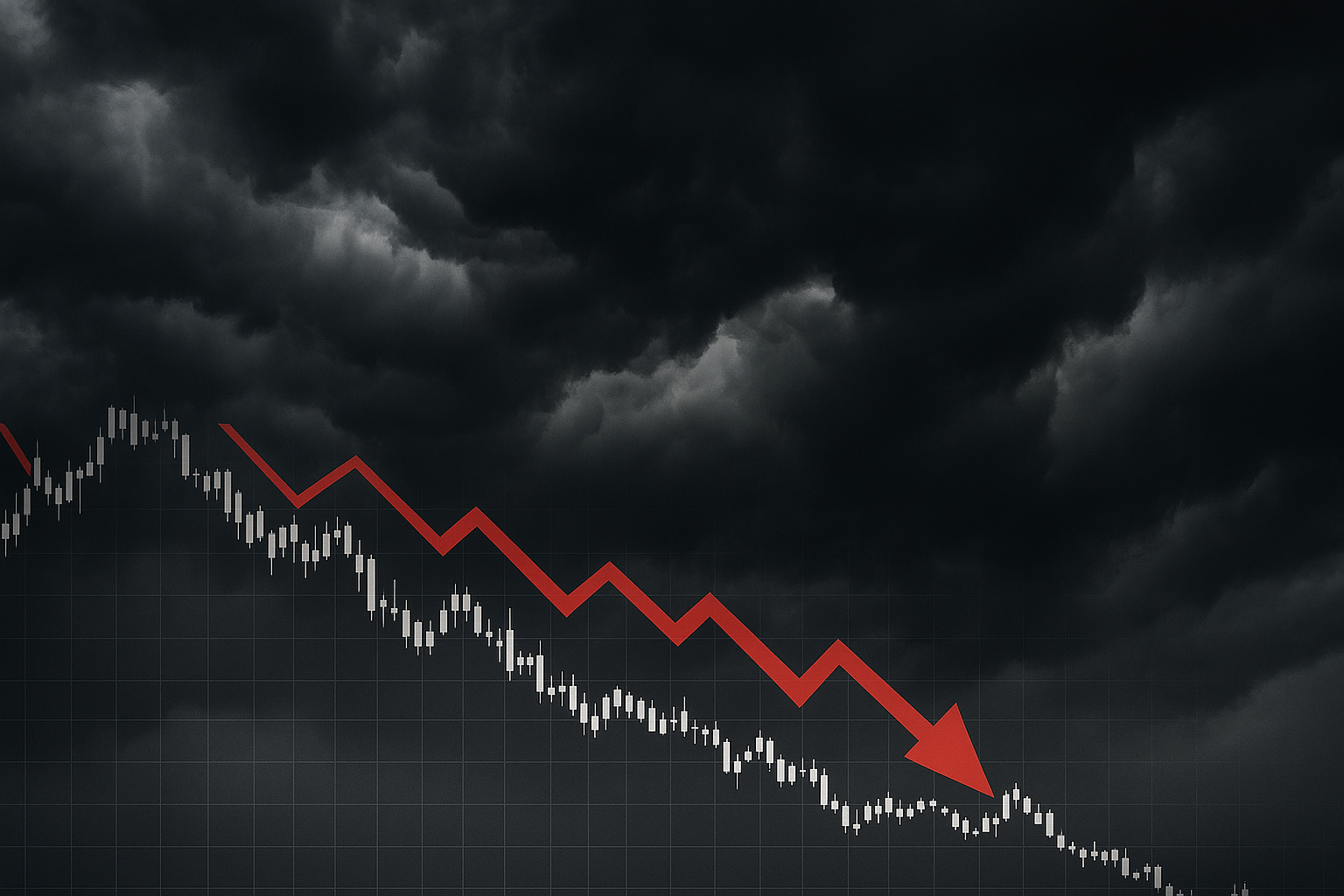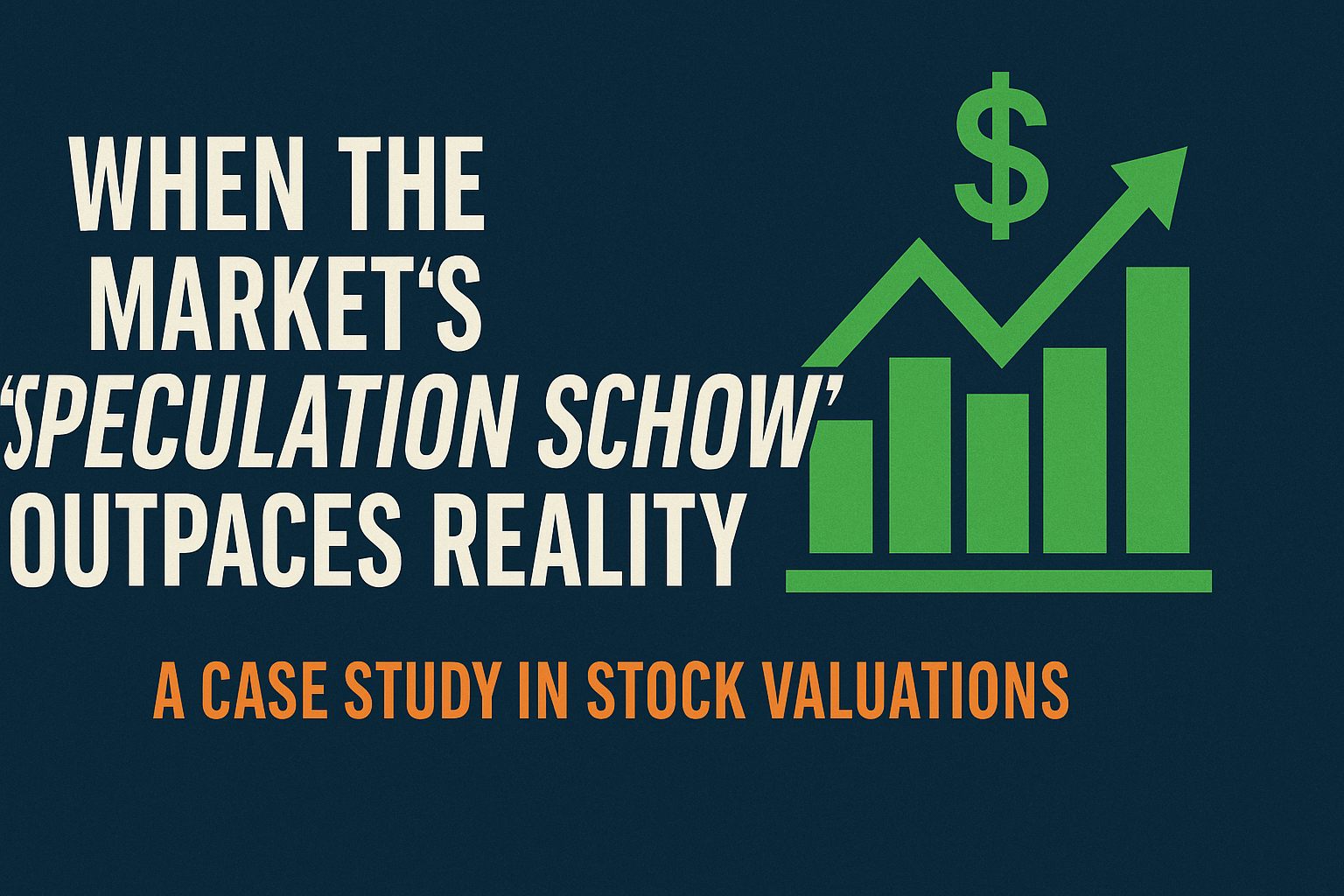2025: Signals We Shouldn’t Ignore
Looking back from early 2026, 2025 stands out as a year that tested both markets and society in quiet but meaningful ways. It wasn’t defined by a single dramatic collapse or euphoric boom. Instead, it was a year of tension — between optimism and reality, liquidity and fundamentals, stability and fragility. For investors and households alike, 2025 delivered mixed results that now read less like noise and more like warning signals.
Inflation: A Dirty Word for “Accommodation”
In his recent piece, Inflation: A Dirty Word for Accommodation, George F. Smith cuts straight through the euphemisms that dominate modern monetary discussion. Inflation, he argues, is rarely described honestly. Instead of being acknowledged as a policy choice with real consequences, it is softened by terms like stimulus, accommodation, or support. These words may sound benign, but they mask the same outcome: a deliberate erosion of purchasing power.
Why Keynesian Economics Is Collapsing
For decades, investors have relied—often unknowingly—on a single assumption: when economic stress appears, policymakers will step in and restore balance. That assumption comes from Keynesian economics, the framework developed by John Maynard Keynes in the 1930s. It shaped how governments spend, how central banks intervene, and how portfolios are built.
Today, that framework is breaking down.
When the World Grows Louder, Wisdom Matters More
We are living in a time when wars are no longer distant history lessons or abstract geopolitical debates. They are active, visible, and increasingly interconnected. Even when the fighting is far from our shores, the consequences are not—energy markets, inflation, supply chains, currencies, and ultimately personal financial security are all affected. History reminds us that moments like this reward those who pay attention and punish those who assume “it will all work out.”
Is the Fed’s Liquidity Injection About Silver
Rumors have swirled that the Federal Reserve is quietly supporting large financial institutions — including claims that JPMorgan needed backstops because of positions in silver. While such narratives can capture attention, connecting central bank liquidity solely to a single commodity oversimplifies the complex plumbing of global finance. Meanwhile, financial markets have seen actual liquidity operations from the Fed this year.
Other reporting indicates the central bank has quietly injected tens of billions of dollars into money markets and into banking system reserves to maintain orderly conditions — often through repo operations — without drawing the headlines that rate decisions or inflation data receive.
There Is No Such Thing as an “Affordability President”
The core argument is that without addressing the root causes of inflation — namely, fiat money and fiscal imbalance — a political leader cannot meaningfully improve affordability. Any short-term tweaks or optics fail to reverse broad price trends.
Milton Friedman . . .
Milton Friedman remains one of the most influential economists of the twentieth century, not because he sought attention, but because he insisted on asking uncomfortable questions. At the center of his work was a simple but often ignored reality: government does not spend its own money.
Every dollar spent originates from taxpayers, borrowed funds, or newly created money. Friedman believed that once this truth is forgotten, spending can expand without meaningful restraint—especially when decisions are insulated from direct accountability.
White-Collar Work Is Being Reshaped
For decades, higher education was marketed as the surest path to career stability and long-term financial security. A degree was supposed to open doors, guarantee upward mobility, and protect workers from the economic volatility more commonly felt in blue-collar fields.
Yet the latest data tell a different story: one in four unemployed Americans now holds a college degree.
This isn’t a statistical anomaly. It’s a signal—a sign that the white-collar job market is undergoing structural change, and that the assumptions many households built their financial lives around no longer hold the way they once did.
The Middle Class Is Cracking
For years, people have argued over whether the American middle class is shrinking, growing, or simply evolving. But the real issue isn’t a statistic — it’s the lived reality. As Charles Hugh Smith recently explained, the middle class is cracking not because of one number, but because the foundations that once defined a stable middle-class life have weakened. The result is a widening gap between income and security, between what people earn and what it truly costs to maintain a resilient financial life.
Today, middle-class status is no longer about a certain salary — it’s about owning the kinds of assets that can survive inflation, market cycles, recessions, and the unexpected shocks life throws at us. And that is becoming harder for families to achieve.
The FED De-Coded
Most investors sense that the financial world has shifted. Inflation remains stubbornly high, asset prices are stretched, and geopolitical tensions have reshaped the global landscape. But underneath all of these visible stresses sits a deeper, more structural issue—one that rarely makes the nightly news yet quietly shapes everything from interest rates to retirement portfolios.
The Fed Hawks’ Dangerous Gamble
Every time I read another Federal Reserve analysis, I’m reminded why my confidence in the Fed has eroded over the years. Their models, their assumptions, their track record — all of it points to a policymaking institution consistently behind the curve, consistently misreading risk, and consistently underestimating the fragility of the financial system they helped inflate. This latest fixation on tariff-driven inflation is just more evidence that the Fed is focused on the wrong threat at the wrong time.
The World Financial System Is Entering a Period of Disorder
We are entering an era where clarity, risk awareness, sober mathematics, and defensive positioning will matter more than ever before in our careers. I do not pretend to know the exact timing or sequence of each shock — nobody does. But I do know this: the conditions for disorder are already baked into the structure.
How the Fed’s Money Printing Broke American Industry
I’ve watched for years as the Federal Reserve’s easy-money policies distorted nearly every corner of our economy, but the real tragedy is how it quietly dismantled the foundation of American industry. David Stockman laid out the numbers in his recent essay, and they’re hard to ignore: despite nearly $6 trillion in freshly printed money since 2008, U.S. manufacturing output is still below where it was 18 years ago. Think about that—almost two decades of “stimulus,” yet less real production.
When the Gatekeeper Becomes the Architect
I’ve been following the growing connection between BlackRock and the World Economic Forum with concern. When the world’s largest asset manager begins shaping the rules that govern global markets, investors need to pay attention. This isn’t a conspiracy — it’s concentration of power. In an era of inflation, over-valued assets, and policy-driven markets, understanding who controls the flow of capital may be just as important as understanding where it flows.
Are We Living in a Bubble Economy?
The air is thick with anticipation. Stock markets, particularly in certain sectors, have soared to dizzying heights, and asset prices across the board feel untethered from reality. The question is no longer "if" things are highly valued, but whether we are standing in the middle of a colossal economic bubble, where valuations are stretching beyond the scope of fundamental value.
An economic bubble forms when asset prices rise rapidly, driven by speculation and market excitement (often called "irrational exuberance"), rather than by the asset's intrinsic worth, which is based on its ability to generate future cash flows or profits. Let's break down some of the sectors where this disconnect appears most pronounced.
The Free Lunch Illusion
Governments throughout history have been haunted by the same temptation — the belief that they can create prosperity without production, growth without savings, and benefits without costs. George F. Smith captures this notion in his recent essay, “Government’s Eternal Longing for a Free Lunch.” His message is both timeless and timely: whenever policymakers convince themselves that they can suspend economic gravity, it’s ordinary citizens who eventually pay the bill.
Price vs. Value
We like to think markets price things fairly. But the sharper you look, the more you realize that price is not the same as value—and confusing the two can be costly. The article “Price Doesn’t Reflect Value, and We’re Paying a Steep Price for Confusing the Two” argues that across consumer goods, business models, and macro systems, the deceptive gap between what we pay and what we get is growing wide. We can use that lens to see a telling portrait of today’s investment markets.
How We Got Here
Our current financial system did not appear overnight. It is the product of more than 150 years of political choices, institutional experiments, and economic crises. David Stockman’s recent essay, How We Got Here, traces that history with an unmistakable conclusion: America’s banking system has shifted from a relatively disciplined model to one dominated by central bank activism, debt monetization, and speculation.
As investors and citizens, we should understand how these changes unfolded—and what they mean for today’s economy.
Market Reality Check
This post makes a clear and urgent case that the U.S. stock market is in a highly precarious state. It argues that market valuations are stretched to unsustainable levels, and that this overvaluation, coupled with recent warnings from prominent financial figures like Jamie Dimon, points to a serious risk of a sharp downturn.
Here's a breakdown of the key points:
Extreme Overvaluation: The post uses several key metrics—like the Buffett Indicator and Cyclically Adjusted P/E (CAPE)—to show that U.S. equities are priced at least twice as high as their underlying fundamental value. This isn't just a subjective feeling; it's backed by historical data.
Dimon's Warning as a Catalyst: The post highlights Jamie Dimon's concerns about a "weakening" U.S. economy. It argues that while this is a cautious signal on its own, it becomes an alarming warning when viewed against the backdrop of inflated valuations. A weakening economy could be the spark that ignites a market correction, as there's no "cushion" of fair valuations to absorb any negative news.
A Chorus of Concerns: The post isn't just about Dimon. It brings in other key voices and data points that support the same narrative of growing risk:
Mark Zandi's warning of a "labor recession" and the potential for job losses to trigger a broader economic downturn.
Lloyd Blankfein's focus on hidden leverage in private credit markets, which could amplify a crisis.
Rising stagflation risks, with sticky inflation and increasing jobless claims.
The return of short-selling hedge funds, suggesting that institutional investors are actively preparing for a market decline.
Warnings from firms like Goldman Sachs about the sustainability of the AI-driven market boom.
When the Market’s “Speculation Show” Outpaces Reality
In recent weeks, headline after headline has reminded investors just how big a gap there is between what markets expect and what is actually grounded in hard fundamentals. One stark example comes from the Oracle / OpenAI story — and it lays bare a troubling trend: stock valuations increasingly rely more on faith (or fantasy) than on performance.
